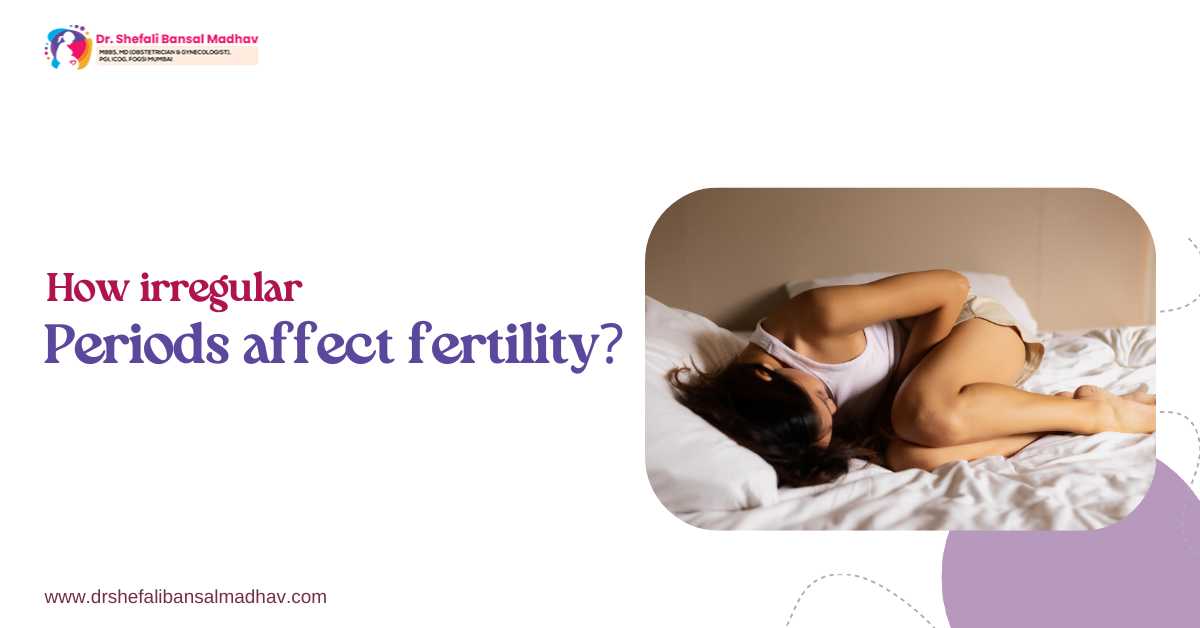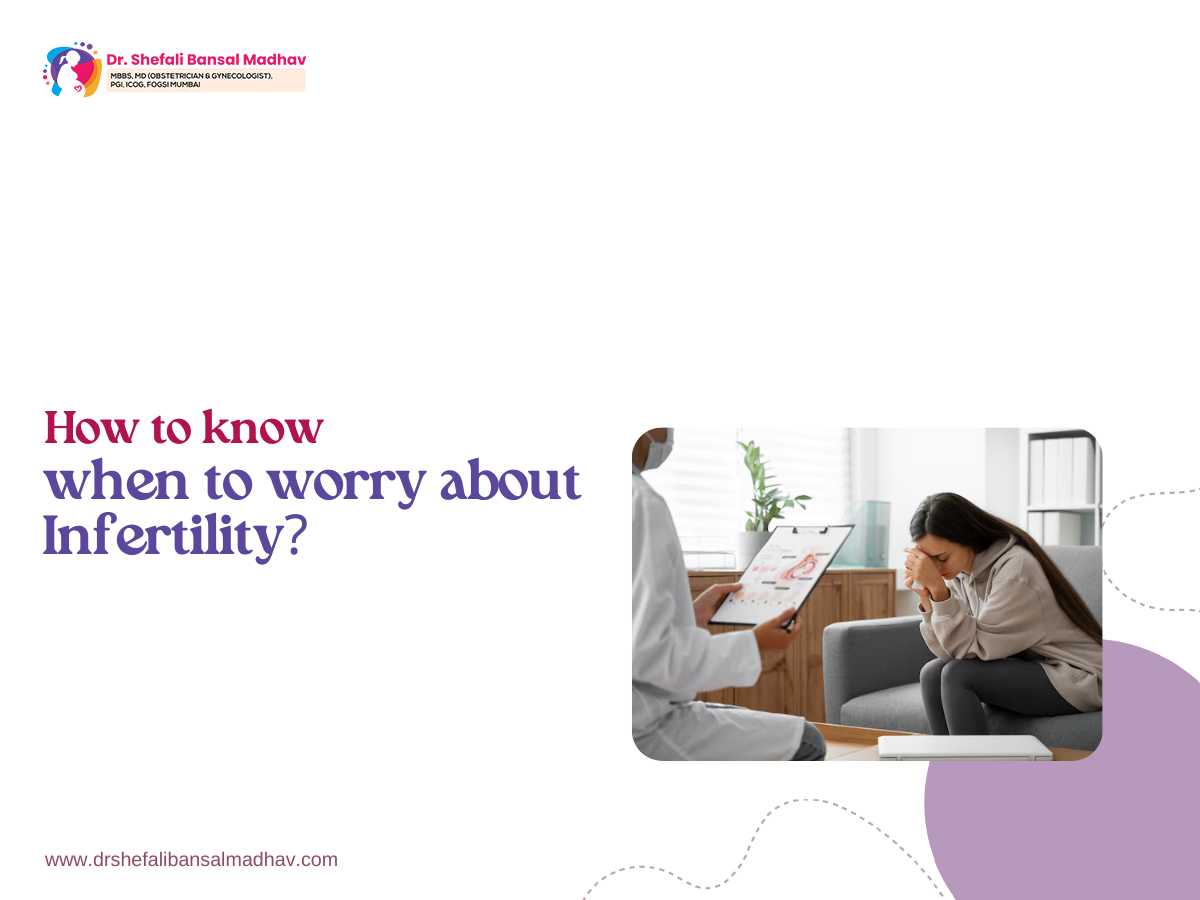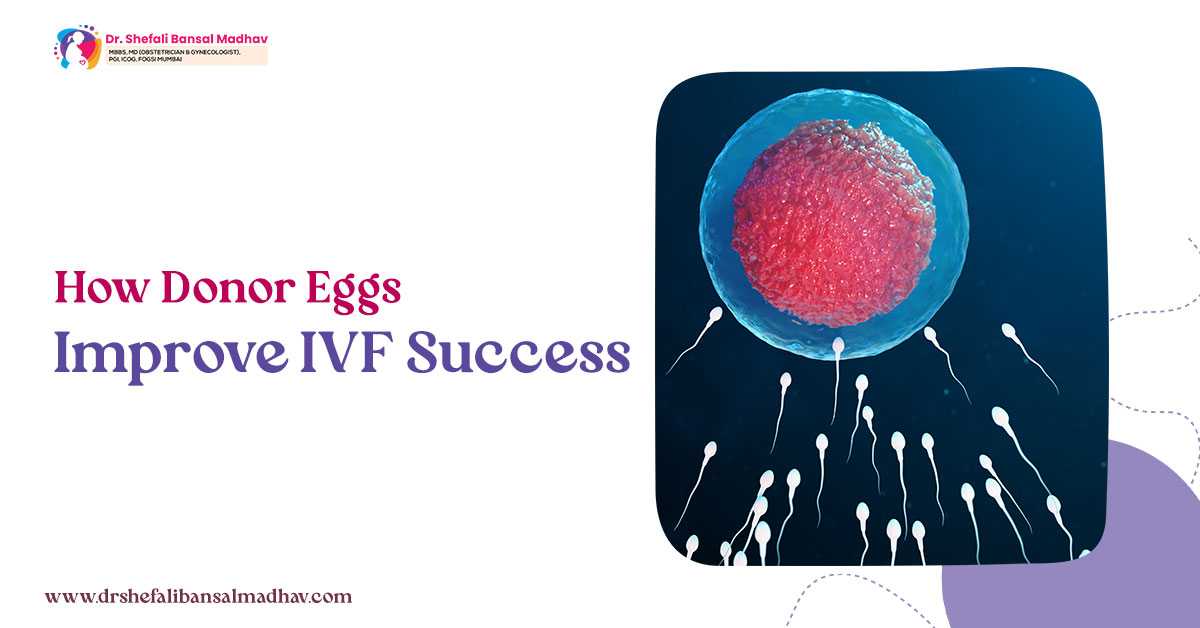With the advancement of technology and fertility treatments, in vitro fertilisation (IVF) has become widely available. While this procedure is successful for many couples, it may not be for everyone. The success rate of the procedure depends on various factors related to the health and emotional and physical well-being of the mother-to-be.
According to the best IVF doctors in Siliguri, there are aspects where the IVF procedure can become a cause of other complications. Understanding these situations can help individuals make informed decisions and evaluate whether this treatment is for them. Here are a few of the situations where IVF may not be the treatment for your parenthood journey.
Severe Ovarian Dysfunction
In most cases, IVF treatments are beneficial for women who have difficulty in ovulating or have ovulation disorders. However, the IVF procedure also highly depends on the production of eggs after the ovary has been stimulated. In rare cases, the ovary does not react to the stimulants, causing issues for the procedure itself.
Studies have found that while it may be beneficial for women with conditions like PCOS, IVF may not be the route for women with premature ovarian insufficiency. In some cases, the age factor also plays a role, as the eggs of women above the age of 40 have lower quality and quantity.
Severe Male Factor Infertility Without Viable Sperm
During the IVF procedure, if the sperm of the father-to-be doesn't perform well, Intracytoplasmic Sperm Injection (ICSI) is suggested by the specialists. While these are beneficial for most cases, this procedure also has its limits. Rare genetic issues can cause conditions such as azoospermia or irreversible testicular failure.
While doctors do suggest the use of donor sperm in these situations, it may not be the choice for everyone. If the couple is looking forward to not using donor sperm, IVF doctors in Siliguri can provide them with treatment methods and look for the best course of action. This will help in ensuring that all potential options are considered before ruling out IVF.
Untreated Uterine Abnormalities
Uterine abnormalities have a direct effect on the success of IVF, as they decrease the receptivity of the uterus. Women who suffer from conditions such as fibroids or polyps already have a hard time conceiving normally. However, if they are left untreated, they can also impact the IVF route. According to an IVF specialist in Siliguri, it has been found that women with uterine anomalies such as unification defects have a lower chance of IVF success.
In most cases, women with these conditions benefit from IVF treatment, but if these conditions become very severe, they cannot be helped. It is therefore crucial to first resolve any treatable uterine abnormalities before looking into this fertility procedure.
High Risk for Pregnancy Complications
The overall and medical condition of the mother-to-be plays an important role in the IVF success. Medical conditions such as high blood pressure and thyroid issues, as well as autoimmune diseases like lupus, can make it hard for women to become pregnant. Even if they do have a successful IVF, there is a higher risk of pregnancy complications. Studies have also found that in some cases women tend to develop diabetes during pregnancy, which can cause problems and increase chances of miscarriage, stillbirth and even birth defects.
Conclusion
IVF has transformed lives, but it’s not always the ideal path for everyone. Understanding when you might not be a candidate allows you to explore other safe, effective alternatives for building your family. It also prevents the emotional and financial toll of undergoing a treatment that might not work in your particular case.
If you're not sure if this procedure is for you, you can consult with experienced IVF doctors in Siliguri. Their expertise, combined with a compassionate and personalised approach, will guide you toward the best reproductive choices for your situation.







